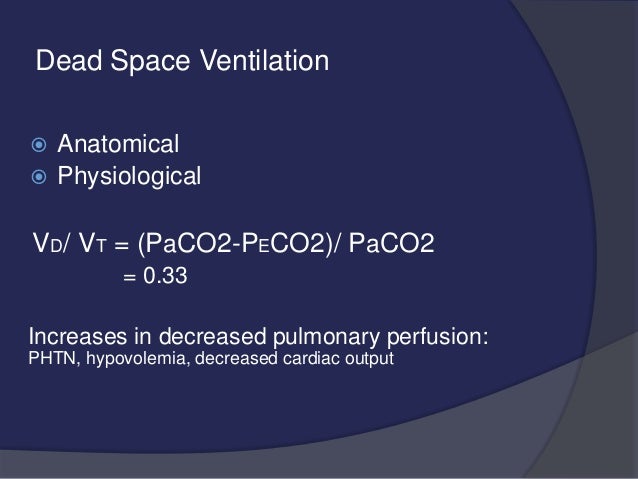

There are many rewards for learning to manage stress. If you're worried that your use of these products has gone up or changed due to stress, talk to your health care provider. Stay away from unhealthy ways of managing your stress, such as using alcohol, tobacco, drugs or excess food. A counselor can help you learn specific coping skills to manage stress. Organize and focus on what you need to get done at home and work and remove tasks that aren't needed.Find ways to include humor and laughter in your life, such as watching funny movies or looking at joke websites. Foster healthy friendships and talk with friends and family.Take time for hobbies, such as reading or listening to music.Write about your thoughts or what you're grateful for in your life. Do relaxation exercises such as yoga, deep breathing, massage or meditation.Eat a healthy diet and get regular exercise.Neck extension and jaw protrusion (can increase it twofold).General anesthesia – multifactorial, including loss of skeletal muscle tone and bronchoconstrictor tone.The ratio of physiologic dead space to tidal volume is usually about 1/3. Alveolar dead space is the volume of gas within unperfused alveoli (and thus not participating in gas exchange either) it is usually negligible in the healthy, awake patient. Anatomic dead space is the volume of gas within the conducting zone (as opposed to the transitional and respiratory zones) and includes the trachea, bronchus, bronchioles, and terminal bronchioles it is approximately 2 mL/kg in the upright position. Physiologic or total dead space is the sum of anatomic dead space and alveolar dead space. Dead space is the volume of a breath that does not participate in gas exchange.


 0 kommentar(er)
0 kommentar(er)
